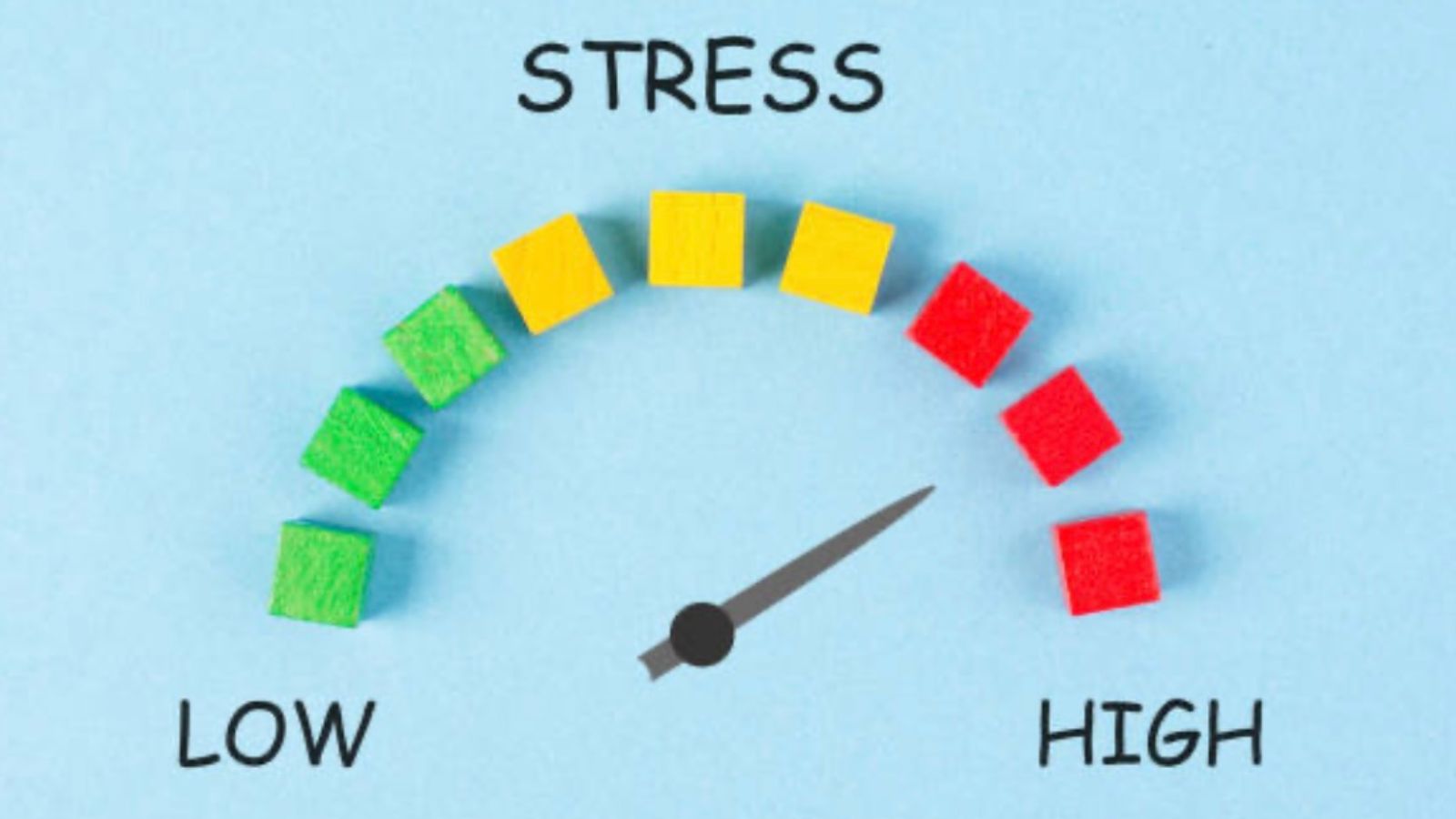In today’s fast-paced world, stress has become an inevitable part of our lives. Whether it’s due to work pressures, personal responsibilities, or unexpected challenges, stress can take a toll on our mental and physical well-being. However, the good news is that there are effective strategies to overcome stress and foster a healthier, more balanced life. Let’s look into various approaches to manage stress and promote overall well-being.
1.Identify Stressors:
Understanding the root causes of stress is the first step in overcoming it. Take time to reflect on situations, relationships, or tasks that trigger stress. Once identified, you can develop targeted strategies to address these stressors. This might involve setting boundaries, delegating tasks, or seeking support from others.
2.Prioritize Self-Care:
Self-care is important for maintaining mental and emotional resilience. Establish a routine that includes regular exercise, sufficient sleep, and healthy nutrition. Engaging in activities that bring joy and relaxation, such as hobbies, spending quality time with family and friends or immersing oneself in nature, these moments of respite serve as powerful antidotes to stress.
Self-care is not a luxury but a fundamental necessity for maintaining mental and emotional resilience.
3.Practice Mindfulness and Meditation:
Mindfulness and meditation techniques can help bring your attention to the present moment, promoting a sense of calm and reducing anxiety. Incorporate mindfulness practices into your daily routine, whether through guided meditations, deep-breathing exercises, or mindful walking. These practices can enhance your ability to manage stress more effectively.
4.Effective Time Management:
Poor time management often contributes to stress. Organize your tasks, set realistic goals, and prioritize them based on importance. Break larger tasks into smaller, more manageable steps. This approach not only enhances productivity but also helps prevent feeling overwhelmed.
5.Establish Healthy Boundaries:
Learn to say no when necessary and set clear boundaries to avoid overcommitting yourself. Understanding and respecting your limits in various aspects of life, be it work or personal relationships, is vital for maintaining a healthy balance and preventing stress from accumulating.
6.Social Support:
Share your thoughts and feelings with trusted friends, family members, or colleagues. Building a strong support system provides emotional reassurance and practical assistance. Knowing that you are not alone in facing challenges can alleviate stress and foster a sense of connection.
7.Develop Coping Strategies:
Identify healthy coping mechanisms that work for you. This could include journaling, engaging in creative outlets, or practicing relaxation techniques. Having a toolkit of coping strategies allows you to navigate stress more effectively when it arises.
8.Positive Thinking:
Challenge negative thought patterns and cultivate a positive mindset. Focus on the aspects of a situation that you can control, and approach challenges with a problem-solving attitude. Positive thinking can shift your perspective and reduce the impact of stress on your overall well-being.
9.Regular Physical Activity:
Exercise is a powerful stress reducer. Physical activity releases endorphins, the body’s natural mood enhancers. Find a form of exercise that you enjoy, whether it’s walking, jogging, yoga, or dancing, and make it a regular part of your routine.
10.Professional Support:
If stress becomes overwhelming, seeking professional help is a proactive step. A mental health professional can provide guidance, support, and coping strategies tailored to your specific needs. Therapy can be a valuable resource for learning how to manage stress more effectively.
Overcoming stress is a multifaceted process that involves self-awareness, lifestyle adjustments, and the cultivation of healthy habits. By implementing these strategies, you can take proactive steps toward reducing stress and promoting a more balanced, fulfilling life. Remember that everyone’s journey is unique, so explore and adapt these approaches to fit your individual needs and preferences.

